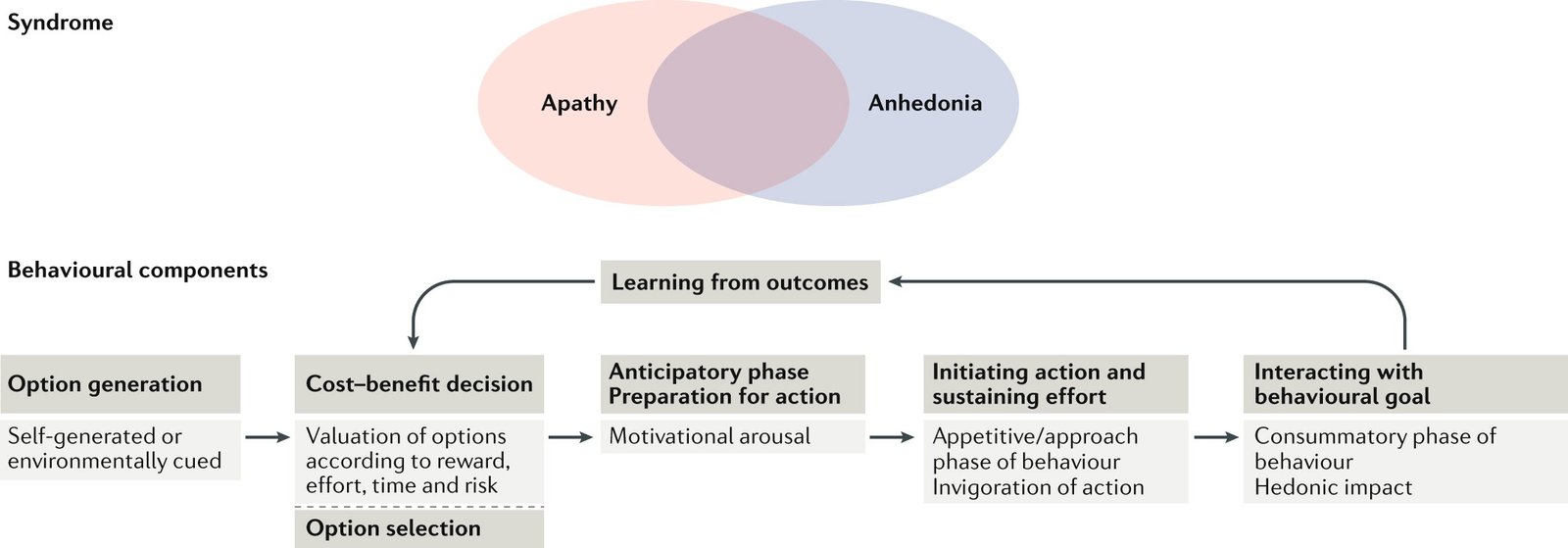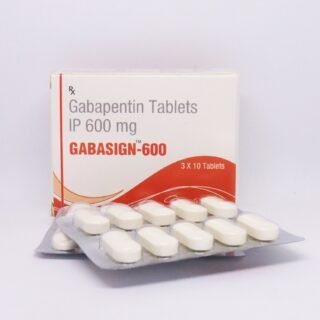
Depression is often characterized by a persistent feeling of sadness. While sadness is certainly a significant component, it’s not the only symptom, nor is it always the most prominent. Many individuals experiencing depression grapple with two particularly challenging and often misunderstood symptoms: apathy and anhedonia. These aren’t just “feeling down” – they represent a profound disconnect from the world and a diminished capacity for joy, impacting daily life in profound ways. Understanding the nuances of apathy and anhedonia is crucial for both those experiencing them and those seeking to support loved ones who are.
What is Apathy?

Apathy goes beyond simple lack of motivation. It’s a pervasive state of indifference, a disinterest in activities and experiences that were once enjoyable or meaningful. Imagine a dimmer switch turned down low, not just on your mood, but on your entire engagement with the world. Individuals experiencing apathy may struggle with:
- Lack of motivation: Even simple tasks can feel overwhelming, and the desire to initiate or complete them is significantly reduced.
- Diminished goal-directed behavior: Setting and pursuing goals becomes challenging, as the drive to achieve them is lacking.
- Emotional flatness: Feelings seem muted or absent. Joy, sadness, anger – all emotions may feel less intense or even non-existent.
- Social withdrawal: Interacting with others may feel draining or pointless, leading to isolation and reduced social connection.
- Cognitive difficulties: Apathy can sometimes manifest as difficulty concentrating, remembering things, or making decisions.
Apathy can be particularly debilitating because it can be misinterpreted as laziness or lack of willpower. This misunderstanding can lead to further feelings of guilt and shame, compounding the individual’s distress.
What is Anhedonia?

Anhedonia is the inability to experience pleasure. It’s like a veil has been drawn over the world, muting the colors of joy and satisfaction. Things that once brought immense pleasure – hobbies, social gatherings, even food – now feel flat and unrewarding. This can manifest as:
- Loss of interest in hobbies: Activities that were once enjoyed are now abandoned, as they no longer provide any sense of fulfillment.
- Difficulty experiencing pleasure from social interactions: Spending time with loved ones feels more like an obligation than a source of joy.
- Changes in appetite or sexual desire: The pleasure associated with eating or intimacy may be diminished or absent.
- Emotional numbness: A general sense of detachment from feelings, both positive and negative.
- Feelings of emptiness or meaninglessness: The world can feel devoid of purpose, leading to a sense of despair.
Anhedonia can be particularly distressing because it robs individuals of the very things that make life enjoyable and meaningful. It can lead to feelings of isolation, hopelessness, and a sense that life is no longer worth living.
The Connection Between Apathy and Anhedonia:

Apathy and anhedonia often coexist, creating a powerful and challenging combination. They can feed into each other, creating a vicious cycle. The lack of motivation associated with apathy can make it difficult to engage in activities that might bring pleasure, further reinforcing anhedonia. Conversely, the inability to experience pleasure can lead to a sense of apathy and disengagement.
Causes of Apathy and Anhedonia:
Apathy and anhedonia are often symptoms of underlying mental health conditions, most notably depression. However, they can also be associated with other conditions, including:
- Bipolar disorder: During depressive episodes, individuals may experience apathy and anhedonia.
- Schizophrenia: Apathy and anhedonia are common negative symptoms of schizophrenia.
- Parkinson’s disease: These symptoms can be related to changes in brain chemistry.
- Alzheimer’s disease and other forms of dementia: Cognitive decline can contribute to apathy and anhedonia.
- Traumatic brain injury: Damage to certain areas of the brain can affect motivation and the ability to experience pleasure.
- Substance abuse: Chronic use of certain substances can alter brain chemistry and lead to apathy and anhedonia.
- Certain medical conditions: Some medical conditions, such as thyroid problems or vitamin deficiencies, can also contribute to these symptoms.
How to Cope with Apathy and Anhedonia:
If you are experiencing apathy and anhedonia, it’s essential to seek professional help. A mental health professional can help determine the underlying cause of your symptoms and develop a treatment plan that is right for you. This may include:
- Therapy: Cognitive behavioral therapy (CBT) and other forms of therapy can help you identify and challenge negative thought patterns and develop coping strategies.
- Medication: Antidepressants and other medications may be helpful in addressing the underlying neurochemical imbalances that contribute to apathy and anhedonia.
- Lifestyle changes: Making healthy lifestyle changes, such as getting regular exercise, eating a balanced diet, and getting enough sleep, can also help improve your mood and energy levels.
- Social support: Connecting with friends, family, or support groups can help reduce feelings of isolation and provide a sense of belonging.
- Mindfulness and meditation: Practicing mindfulness and meditation can help you become more aware of your thoughts and feelings 1 and develop a greater sense of presence. 1. www.ivoox.com www.ivoox.com
- Re-engaging with enjoyable activities: Even if you don’t feel like it, try to gradually reintroduce activities that you used to enjoy. Start small and don’t put too much pressure on yourself.
- Setting small, achievable goals: Breaking down larger tasks into smaller, more manageable steps can help you overcome feelings of overwhelm and increase your sense of accomplishment.
Supporting a Loved One with Apathy and Anhedonia:
If you have a loved one who is experiencing apathy and anhedonia, it’s important to be patient, understanding, and supportive. Avoid dismissing their feelings or telling them to “just snap out of it.” Instead, try to:
- Listen empathetically: Create a safe space for them to share their feelings without judgment.
- Offer encouragement: Let them know that you care and that you are there for them.
- Help them seek professional help: Encourage them to talk to a doctor or mental health professional.
- Offer practical support: Help them with everyday tasks, such as cooking, cleaning, or running errands.
- Be patient: Recovery from apathy and anhedonia can take time. Be patient and continue to offer your support.
Apathy and anhedonia are significant challenges, but they are not insurmountable. With the right treatment and support, individuals can learn to manage these symptoms and rediscover joy and meaning in their lives. Remember, seeking help is a sign of strength, not weakness. If you or someone you know is struggling, please reach out for support.






Leave a Reply